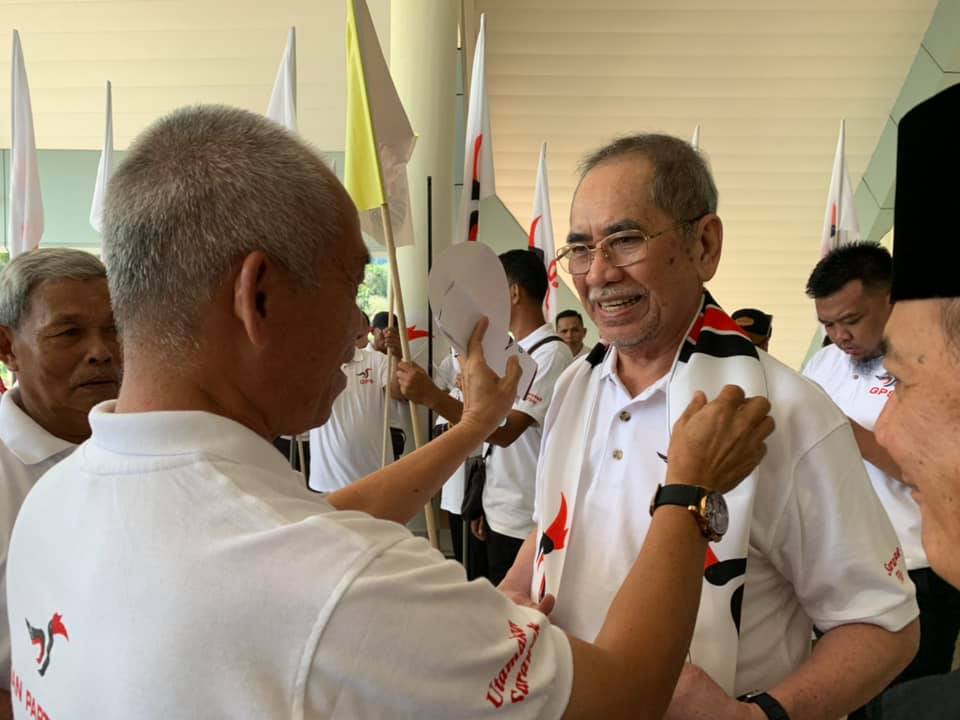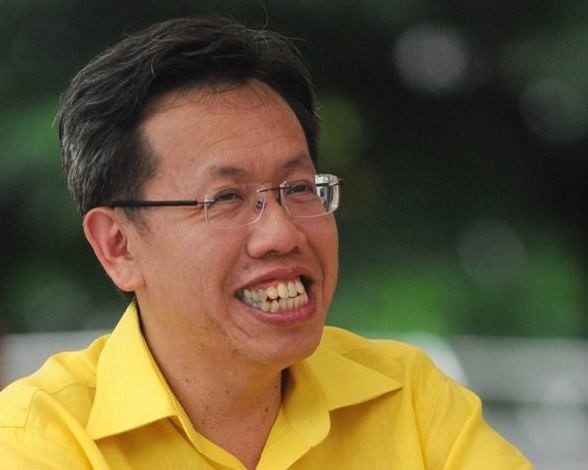KUALA LUMPUR, Jan 8 — The inaccessibility and poor state of public health care in Sarawak shows why health must be decentralised there, say two state leaders.
State Local Government and Housing Minister Dr Sim Kui Hian, whose purview includes health, and Parti Pesaka Bumiputera Bersatu (PBB) supreme council member Wan Junaidi Tuanku Jaafar, both blamed the federal government for the current state of health care access, services, and treatment in the East Malaysian state.
“Although health is a federal matter, KL has failed us in so many areas, as the standard national norm simply can’t apply to Sarawak,” Dr Sim, who is also Sarawak United People’s Party (SUPP) president, told CodeBlue.
“The Sarawak state government has been negotiating for the federal government to return health autonomy to Sarawak,” he added. “(Gaining autonomy over) rural health is only one of them (one health-related demand).”
The two Sarawak leaders were responding to recent articles by CodeBlue from Kuching on health care in rural Sarawak, which has no access 29 out of 30 days in a month, why rural Sarawakians do not want to go for follow-up medical visits and treatment, and the dire state of cancer coverage in Sarawak.
Dr Sim and Wan Junaidi, whose parties are part of the ruling state coalition Gabungan Parti Sarawak (GPS), complained about long-standing problems with health care and infrastructure in Sarawak, even though SUPP and PBB were previously part of Barisan Nasional (BN) that held federal power for six decades until they lost the 2018 general election to Pakatan Harapan (PH).
Sarawak Chief Minister Abang Johari Openg reportedly said Monday that he was not rushing to call for state elections, as they are only due in September 2021.
Bandar Kuching MP Dr Kelvin Yii recently said the Cabinet special committee to review the implementation of the Malaysia Agreement 1963 (MA63) has already agreed to devolve certain federal powers, including relating to health, to the state.

Wan Junaidi said providing adequate health care in rural Sarawak, in particular, continues to be challenging for the state government because of issues involving infrastructure and communication, noting that the population in the state is largely scattered, with about 45 per cent of them living in longhouses, villages, and settlements.
He added that the situation has been made worse by federal projects in the states being “abandoned”, which would see the state having no choice but to get involved to ensure they carry on. Building and maintenance of main roads and bridges are under federal purview, while those in towns are under the state’s purview.
“Sarawak has, over the last 50 years, relied so much on the capacity, capability and foresight of the federal government,” the Santubong MP said.
“(But) some of their planners and strategists are ill-informed or unknowledgeable of rural Sarawak — or, as I always say, ‘West Malaysian-centric’. They failed miserably to see that Sarawak needs a different set of planning, programmes and strategies to provide public amenities, including (for) health.
“For example, the Klinik 1Malaysia, which works well in urban and suburban parts of Peninsular Malaysia, but could not be implemented in rural and suburban Sarawak. The federal government did not have an alternative to this clinic for rural and suburban Sarawak,” he claimed.
The former natural resources and environment minister added that until these issues are resolved once and for all, health care in Sarawak will remain in poor condition for a long time.
He also alleged that the federal government’s “failure” to focus its efforts on rural road infrastructure is why Sarawak is still relying on river transport as a means of providing medical care and treatment to natives who live deep in the jungle.
In Sarawak, a service known as the Klinik Bot Bergerak sees doctors taking boats out to hard-to-reach areas only accessible by water to provide heath care for those in the interiors. The Flying Doctors Services (FDS), on the other hand, are provided by helicopters to natives who live deep in the jungle, and who cannot be contacted by other routes such as road or boat.
However, these and other rural health services are limited as they are affected by weather conditions, a lack of volunteers, and budgetary constraints.
Wan Junaidi said the FDS, for instance, was not meant to be a permanent and long-term solution to the rural and urban health care access gap in the state as it was only supposed to be used periodically every two weeks, subject to weather conditions as well.
“That is why the present Sarawak government is now taking it upon itself to develop infrastructure in rural Sarawak. With road, electricity and fresh, treated water in place, the other facilities, especially health care, could easily follow.
“But the federal government should not behave like a spoiled child, only serving the people to get some political return,” he warned, citing the PH administration’s controversial move to set up the Federal Village Community Management Council (MPKKP) in Sarawak.
The MPKKP is aimed at channeling federal funds to projects in rural areas. Sarawak leaders are unhappy with the move as it already has in place the Village Security and Development Committee (JKKK) that carries out a similar function.
Wan Junaidi said the plan, as such, was a “waste of money” and could be channelled for the social and well-being of the people, such as by building more clinics and district hospitals instead, for example.
A total of 170 rural clinics, as of June this year, have 24-hour electricity provided by the Sarawak Energy Berhad (SEB), while three have electricity from SEB for eight to 12 hours. Thirty-four have a generator, while eight have a solar energy source as well as a generator.
A total of 128 rural clinics, on the other hand, have treated water supply, 54 get water from a gravity feed, 29 from rainwater storage tanks, and four from tube wells. Meanwhile, 143 of them are accessible by tar road, 21 by logging roads, 19 by river, and about 35 through a varying combination of logging roads and river, air, and plantation roads.








